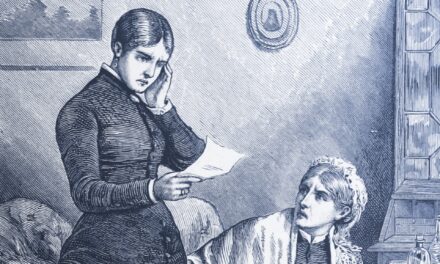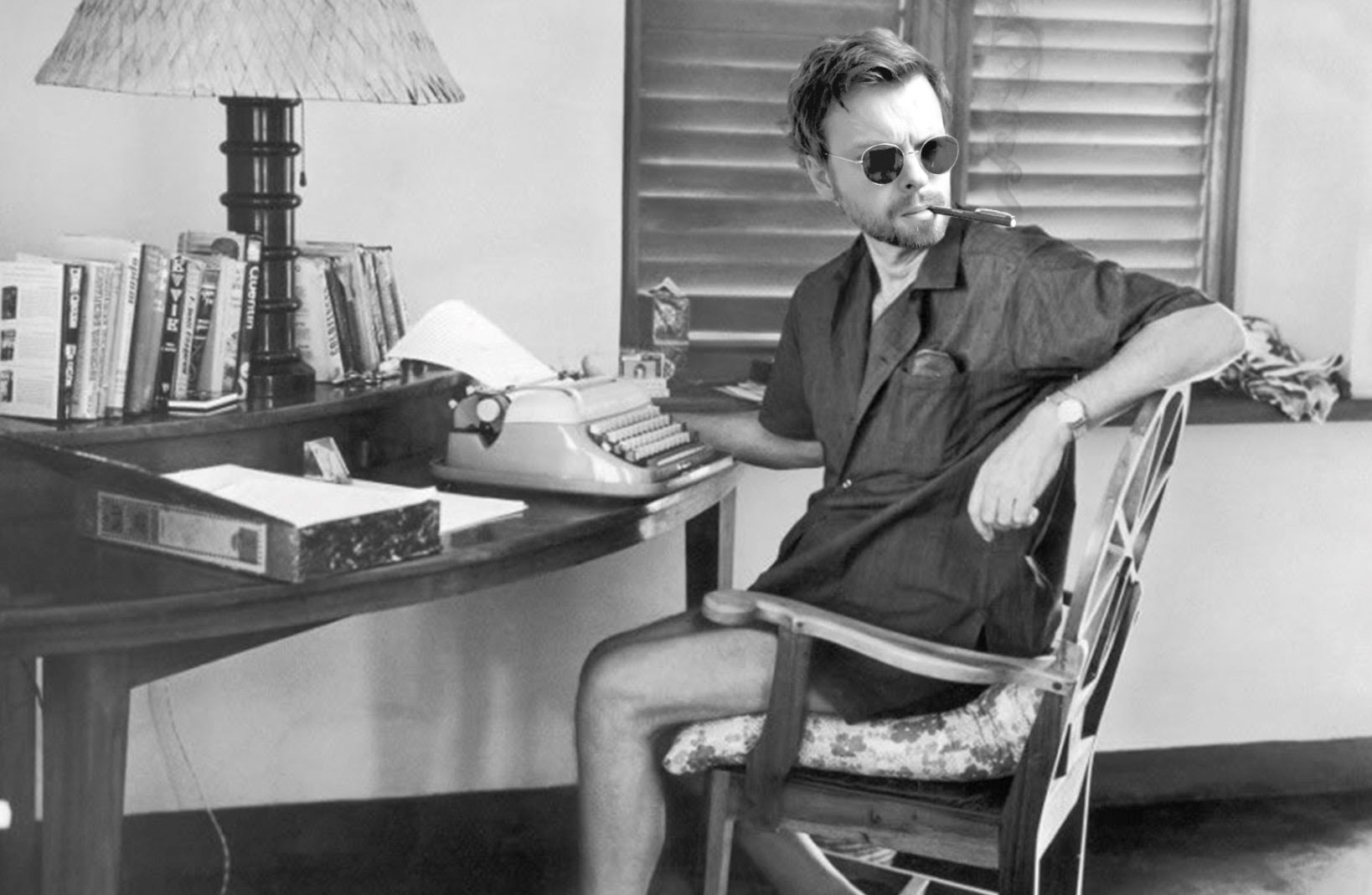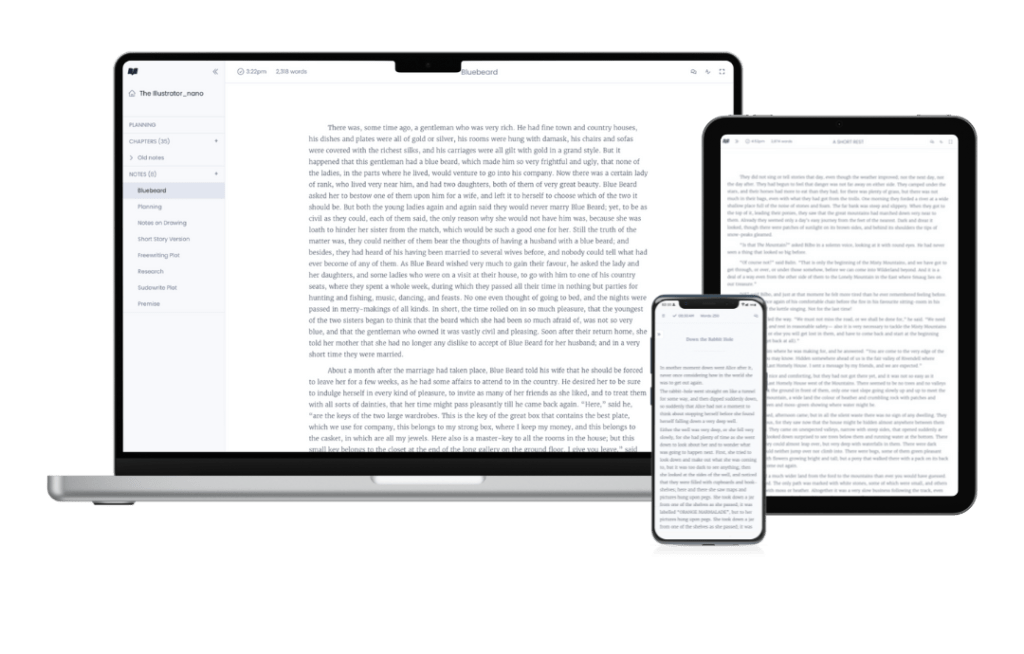
8 Mistakes to Avoid to Write the Perfect Novel Opening

Is there a single perfect novel opening? No.
Is there a single winning formula to your perfect novel opening? No.
There are, however, very common pitfalls new writers can fall into that lead to your opening being sub-par. You want to have your reader care about the story immediately, so here are the 8 most common mistakes to avoid to create a winning, publishable fiction opening that has your reader hooked from the start.
1. Don’t world build
You’ve created a deep and intricate world, and now it’s time to show it off. But a common mistake to avoid is worldbuilding too early. It’s easy to get sucked into spending the first few pages just infodumping. If it’s an incredible world, people might be enticed, but, in general, readers want the following:
- action and intrigue
- to start understanding what the story is about
- to quickly care about what is happening
It’s hard to build an emotional attachment to a description of a time or place with your opening few sentences. You have the whole book to build your world — so instead of relying on an early infodump, build it around the action and the characters through their movements and decisions, not in paragraphs of description.
2. Avoid language flourishes
The most simple mistake to avoid is overwriting. The solution is easy. Write simply.
Extravagant vocabulary might get you a place at a snooty university, but it won’t win you readers. Everyday language and interesting use of plain vocabulary are far more enjoyable to read than trying to wrap your head and tongue around uncommon words.
Short sentences can be good too. Very short. It’s all about creating a rhythm, rather than showing off how many words you know.
3. Don’t go too deep into backstory
You have the whole novel to introduce backstory. Be smart with it.
Novels obviously don’t have to be written chronologically, so think about how you are going to weave the backstory in without spending the first three chapters doing it.
4. Introduce your main character
Make sure the characters you introduce in the first chapter are ones that are sticking around for a while – it is very frustrating to invest in a character to then find out they are not integral to the story.
5. But don’t describe your character
I know that sounds counterintuitive. You want your reader to have the image of your perfectly crafted character in their mind right from the start. But among the most important mistakes to avoid is being overly descriptive in the opening paragraphs of your book.
Physical descriptions get boring fast. One or two hints at their appearance and clues to their behaviour, along with slipping in descriptions at relevant points, are plenty. Focus on getting your readers pulled into the story. For example, don’t write:
She had a dry patch of skin on the knuckles of both hands from eczema that she would frequently rub when she was nervous.
Instead, show, don’t tell:
‘She looked down and rubbed at the dry patch of skin on her knuckles.”
6. Don’t have your characters wake up to an alarm clock
It’s been done. And done to death.
There are other places in time to start a story. Unless it is absolutely essential to the story, try something different. There is a time and place for a cliche in your narrative, but the opening is not that place.
7. Focus on the conflict
The most important consideration in starting your novel is how you are setting up the conflict and intrigue. You need to start at a point of action in the story that points to how the character’s life is changed, otherwise known as the ‘inciting incident’.
Make sure the inciting incident and the conflict around that are hinted at in the first chapter so that your reader is fully briefed to rattle through and unravel the rest of the story.
8. Give your reader some credit
You want people to ‘get it’. Of course. You don’t want important plot points to be missed. But you have to treat the reader as if they are as smart as you are — don’t labour the point. Let them figure it out.
I wanted to compile this list mostly because I would really love to hear what your advice would be! What is your favourite novel opening? What pitfalls are you conscious to avoid, or, better, what have you learnt from poor openings you’ve tried in the past? Let us know on our socials!
Further reading:
- Tim Clare (who wrote the Couch to 80k Course that is integrated with Novlr) does an incredible podcast called Death of 1000 Cuts which critiques, in immaculate detail, people’s own opening paragraphs. There is a huge amount to learn in his massive back catalogue. I highly recommend this (unless you aren’t a fan of profanity…he uses expletives with a flourish and in swathes).
- Shortlist compiled ‘Literature’s greatest opening paragraphs’ (which is a great series of trailers for some of the greatest books in history if nothing else!).
- For tangible examples: check out these 20 great opening paragraphs and what makes them great in Write Better Fiction’s blog post. John Fox has done an awesome job pulling them together and analysing what they do well.
- If you’re going more granular, the 100 Best Opening Lines selected for Stylist by Celebrities is also an enjoyable read.
I originally wrote this post for readers of the Fictionary blog and bring it to you now to share the love, so you too can write the perfect novel opening.
































